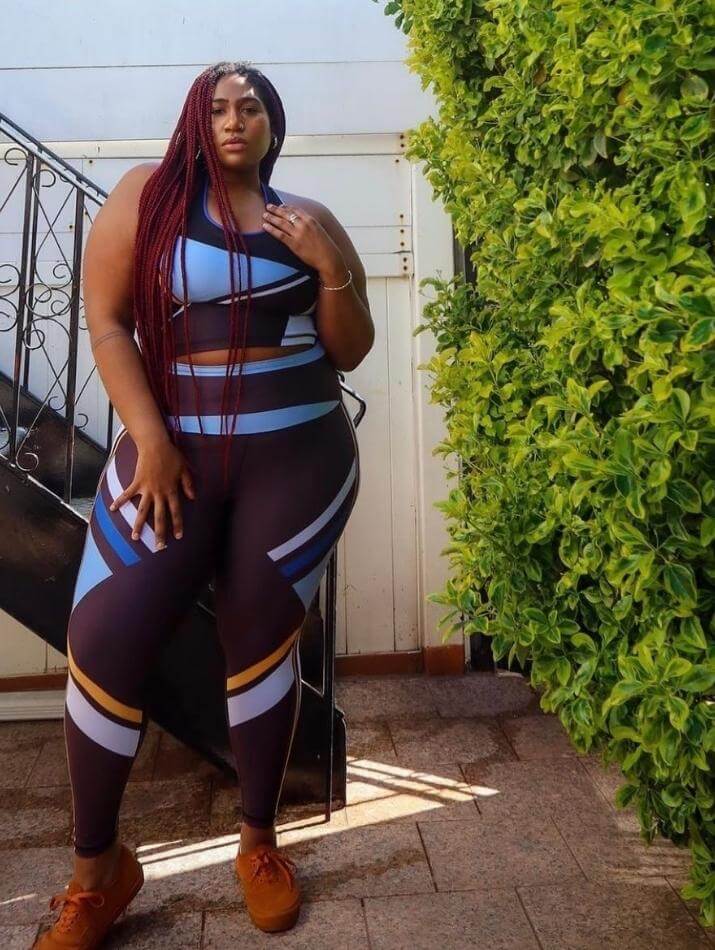
When browsing sustainable clothing options, one thing that is top of our agenda is knowing about the brand's environmental impact. We wanted to share with you some of the most common practices environmentally conscious clothing brands take to be not only ethical in their processes but sustainable too.
For even more about the sustainable fashion movement, check out our post about the sustainable fashion business model or our investigation that asks if polyester is bad for the environment.
How Brands Are Reducing Their Carbon Footprint
Environmentally conscious clothing brands are always looking for innovative new ways that they can reduce their carbon footprint and impact on our planet. From farming, manufacturing, designing and distribution, there are a whole lot of ways to do this.
Fibers and Fabrics
We know that all clothes start life as fibers and for the environmentally conscious, this means natural fibers rather than synthetic. Natural fibers include ones that grow on plants (cotton and linen), are made from tree pulp (modal or tencel) or are of animal origin (wool and silk).
However, their extraction and how they are used to create fabrics is a hot topic.
Organic Fabrics
Conventional cotton production uses up tons of pesticides and other chemicals, what’s more, the production process is also very energy heavy, uses loads of water and even releases greenhouse gasses into the atmosphere. Did you know that it normally takes about 20,000l of water to make just 1kg of cotton.
So if you, like us, are concerned about the environment. Look out for organic cotton options.
This super soft fabric uses a lot less water and energy to process it. It’s also a great option for those who have sensitive skin because it doesn’t contain any chemicals.
Another fabric that gets talked about a lot when it comes to its environmental impact is wool. This natural animal by-product is mostly thought to be better for the environment than synthetic options as it is biodegradable.
However, toxic chemicals are sometimes used to preserve the wool and these can pollute the waterways if it’s not managed and discharged responsibly.
Plant based Fabrics
Both vegan and environmentally conscious shoppers will tell you that the future of the fashion industry is in plant based. We can now make fabrics from loads of natural sources including eucalyptus and beech trees, bamboo or hemp.
These super soft fabrics (some even softer than cotton) are breathable, moisture-wicking and anti-bacterial. In the case of bamboo, it also has UV protection.
However, tencel and modal have been known to shrink in the wash. Additionally the process of converting the wood pulp into fabric can also be energy draining and uses chemicals.
Our top tip is to look for brands that use a closed loop system in their production. This means that they repurpose what they use.
Made in House
‘Fashion miles’ is a term we use when talking about how far a fashion item has traveled from production to buyer.
Imagine a cotton t-shirt. Cotton is picked in Turkey and is then sent hundreds of miles away to be made into fabric. This fabric then goes somewhere else to be made into a t-shirt before going to a warehouse in the US to be shipped. The t-shirt has probably been around the world before it’s even been bought.
You can reduce the impact of fashion miles by choosing to buy from brands who make their items in house or within the same country as well as voting with your wallet by shopping locally, rather than shipping internationally.
Giving Back
From using literal rivers of water to cutting down trees for their pulp and even using chemicals to break down tough fibers, the fashion industry uses a lot of resources that have a negative impact on the environment.
Many environmentally conscious brands choose to reduce their carbon footprint by giving back to nature. Some do this by donating a percentage of their profits to charities while others, like Insyze, plant a tree with every order.